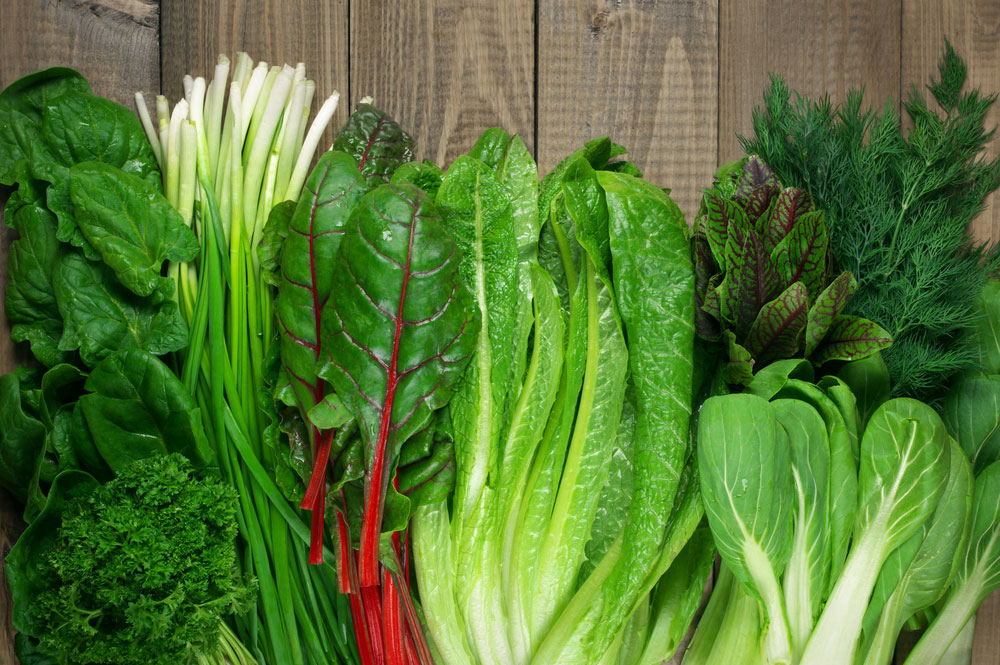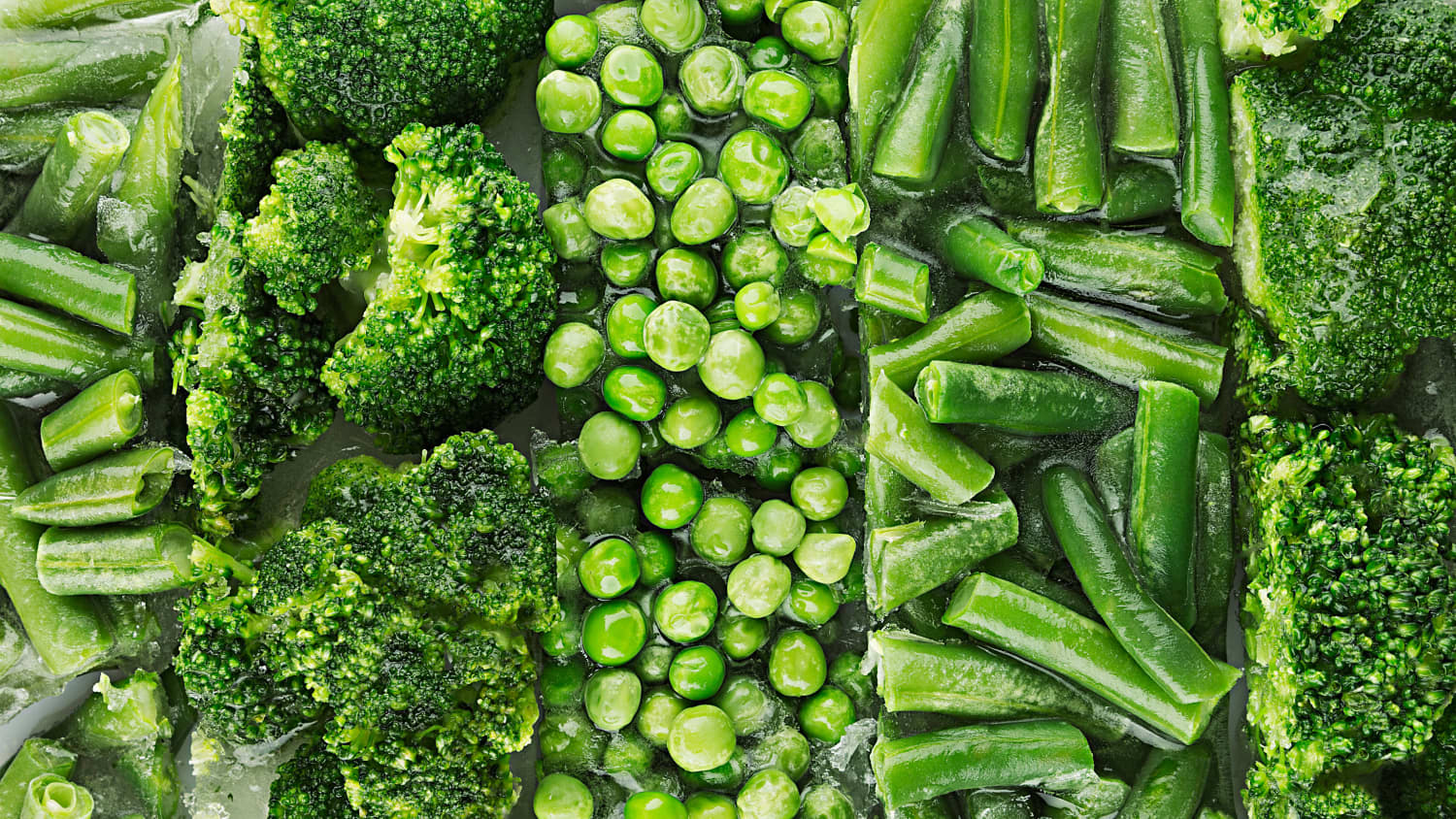
With the strength of green foods, revolutionize your wellbeing. Green foods are nutrient-packed and are an incredibly essential part of our diet. They are the safest and rewarding choices you can make. There are many recipes to choose from, and they can be mixed into meals easily.
Spinach, broad beans, bok choy, peas, cabbage and broccoli, to name a few, are among some common green foods. The easiest way to ensure you’re eating enough of them is to use a large range of these ingredients.
Studies show that green foods are an excellent source of phytonutrients and have great healing powers as well. As green foods are simple on glucose levels, the power of green can revitalize one’s wellbeing. They are very low in sugar and they actually help to control your blood sugar levels during the day because they are filled with fiber and water.
Vegetables have health benefits that are greater than fruits. The nutrient density that is available in green veggies is very high. Dark leafy vegetables are high in iron, which allows your body to hold oxygen; vitamin A to keep your eyes healthy; complex B vitamins to preserve your energy levels; vitamin E to keep your skin healthy and radiant; and vitamin K to keep your coagulation healthy. Greens are filled with antioxidants as well. Research suggests that different causes of cancer and other chronic diseases can be avoided because of these antioxidants.

They are likely to be the least caloric food on your plate unless you top your dark green vegetables with butter or cheese. A complete cup of spinach, for instance, contains just seven calories. Around 33 calories are provided by a cup of kale and a cup of broccoli provides just over 30 calories.
As you consider the benefits of green veggies, it is not just the low-calorie count that matters; it is where those calories come from that is essential. Complex carbohydrates, fiber, protein and very little (if any) fat are given by these vegetables. Just over one gram of carbohydrate, mostly from fiber, is given by a cup of spinach.
This balance of macronutrients, especially fiber and protein, provides a sense of long-term fulfilment and fullness that may not be given by starchy vegetables and other foods.
Dark green veggies, including iron, calcium, potassium, and magnesium, are a rich source of minerals. They also provide vitamins that are essential, including vitamins K, C, E, and many B vitamins. Many dark green vegetable phytonutrient types, including beta-carotene, lutein, and zeaxanthin, which, among many other benefits, protect our cells from damage and our eyes from age-related problems.

Green leafy vegetables are also naturally anti-inflammatory and protect us from illness, irritation and inflammation. We have ample reasons for consuming a diet rich in leafy vegetables such as amaranth, spinach, bathua, mustard greens, kale, collard greens, cabbage, lettuce and watercress.

